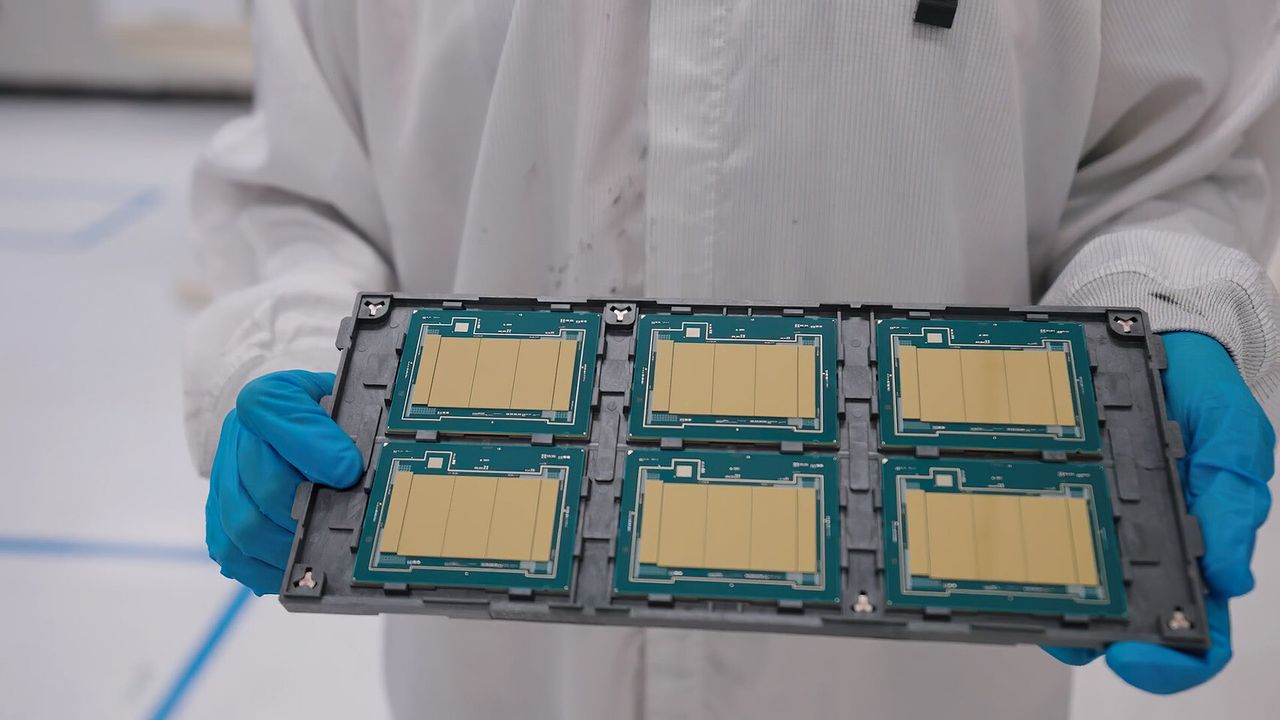Did Intel's next big thing in workstations just leak? Ahead of Granite Rapids launch, report claims this is what's next from troubled chipmaker
PositiveTechnology

- Intel's upcoming workstation platform, Granite Rapids, is set to support high-end memory and multiple PCIe lanes, positioning it as a strong competitor against AMD's Threadripper ecosystem. This leak suggests significant advancements in Intel's technology offerings for high-performance computing.
- The introduction of Granite Rapids is crucial for Intel as it seeks to regain market share in the high-end desktop (HEDT) segment, which has been increasingly dominated by AMD. This development could enhance Intel's reputation and competitiveness in the workstation market.
- The competition between Intel and AMD continues to intensify, particularly as both companies innovate in integrated graphics and chip integration technologies. Recent advancements, such as Nvidia's collaboration with AMD for enhanced GPU deployment, highlight the ongoing evolution in the tech landscape, where performance and integration are key drivers of success.
— via World Pulse Now AI Editorial System

